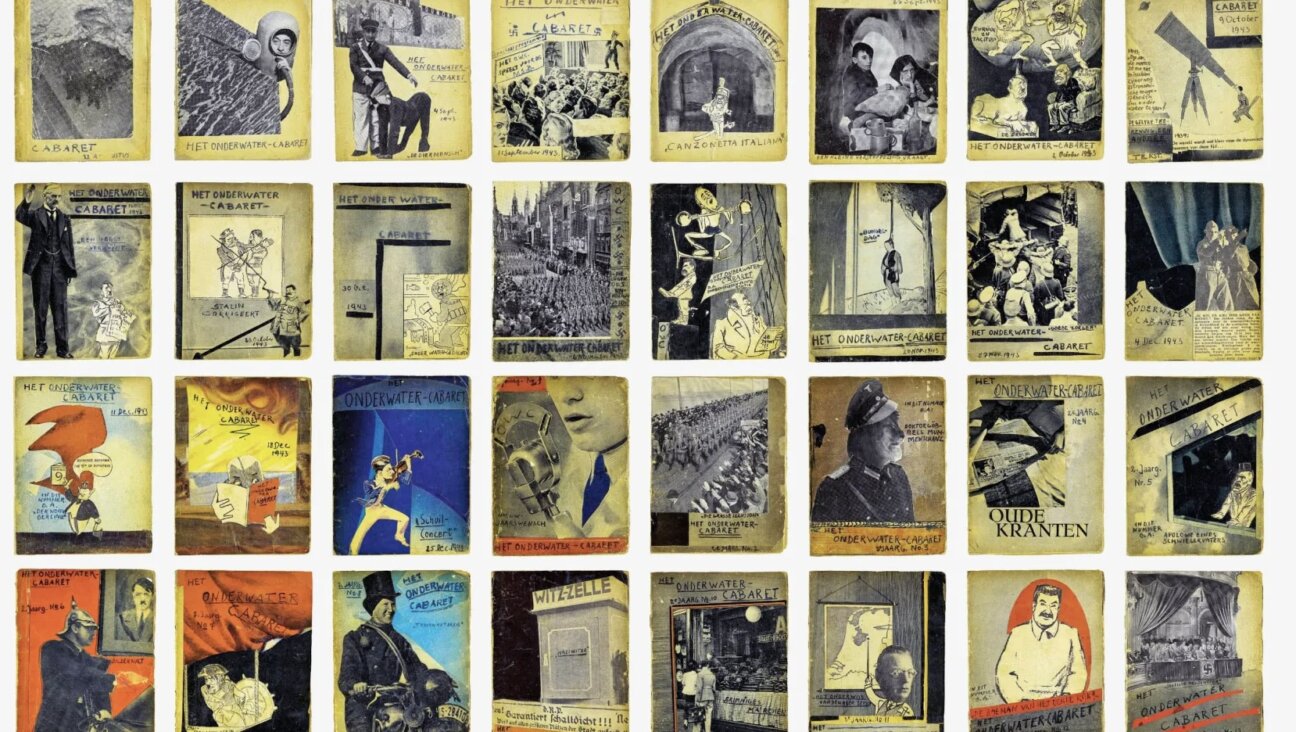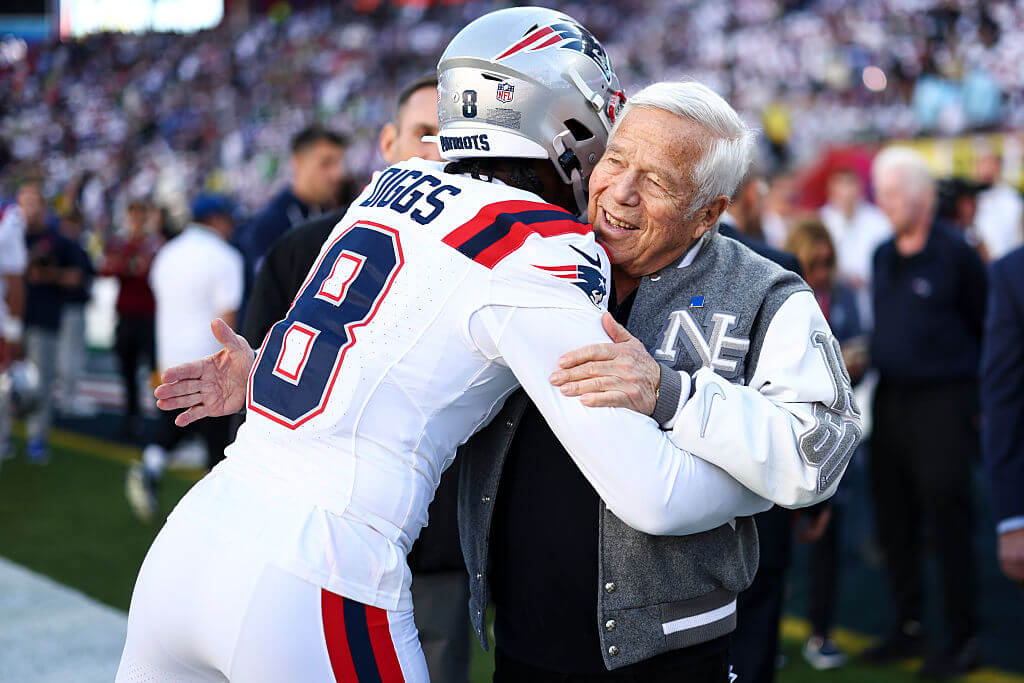Easy Reading for the Serious Music Set
Overture
By Yael Goldstein
Doubleday, 304 pages, $24.95.
Golden-brown and beautiful, curvy in all the right places: a generous bottom, a bounteous top; the waist nicely pinched. Her measurements: 355 millimeters for the length of her back, 130 millimeters for the length of her neck. Ebony and ivory. What a body. And that’s just the violin!
The other body — no less perfect, it would seem — belongs to Natasha “Tasha” Darsky, apparently “the most famous violinist since Paganini.” Not even Heifetz had hips like these.
These two, violin and violinist, brilliantly complementary, are the most mellifluously wrought protagonists of “Overture,” Yael Goldstein’s novel about passions prodigiously deferred. Take the greatest hits of Thomas Mann’s “Doctor Faustus,” in which a composer bargains with Satan for immortal genius; harmonize in a theme taken from the life of Alma Mahler — Gustav’s wife was a frustrated composer, too, whose husband, as a condition of their marriage, forbid her to write any more music — then update to the modern, making your heroine an ingénue whose true talent is often mistaken for her sex appeal, and, voilà, you have this book: easy reading for the serious music set.
Like many a disappointing “genius” before her (Ervin Nyíregyházi, anyone?), Tasha begins life as a child prodigy. Daughter of high-minded, deep-pocketed uptown New York, she finds her calling early: music. But should she compose, which is to create, or should she perform, which is to interpret? Which master should she serve: dead Europeans, or their reincarnation in the person of her boyfriend — or herself, her own self-tutelary muse?
That boyfriend and fellow Juilliard student is Francophone Jean Paul Boumedienne, scion of Continental aristocracy, and, inexplicably, an Algerian terrorist — a prodigy as much as Tasha is, though a strictly bound composer, prolific and intense, the inventor of a theory of music that Goldstein terms “Sublimated Tonality.” With its unrepentantly Romantic idée fixe being “to turn atonal music into something organically tonal, to spin chaos into control, raw sounds into resolution,” Goldstein’s foray into the technicalities of musical thought remains woefully abstract, “sublimated,” as it were, in inverse proportion — serial composers such as Arnold Schoenberg, invoked in the text as Boumedienne’s model, might call it “in ‘retrograde relationship” — to the warmth and detail with which she characterizes her lovers.
“The taste of him when our mouths met was so familiar,” Tasha remembers lustfully, if with all the laziness that comes with that condition, “I thought perhaps I’d guessed it from the smell on his breath while we were sitting so close beside the piano, but the feel of his hands cupped behind my head, sliding down my back onto my waist, creeping toward my breasts, also seemed to have belonged there always.”
In giving up composition for a life of violin, in deference to Boumedienne’s outstanding talent, with the encouragement of conservatory teachers and her supportive, if careerist, parents, Natasha modulates publicly to Tasha only — Darsky’s preferred diminutive, a flourish perhaps intended by Goldstein to invoke last century’s famous violinists, with their marquee presences that seem almost like professional endearments: Jascha, Mischa (Elman), Yehudi (Menuhin), which means “The Jew.” Indeed, this decision, for the interpretation of music over the making of music to be interpreted by others, is a worthily intelligent and subtle variation fiddled upon the roof of that olden Jewish theme: ascension. Just as European Jewish parents would begin their children on the violin or piano early on, in the hopes of fashioning a bankable prodigy who would elevate their status from ghetto to court, Natasha the composer becomes internationally famous as Tasha the violinist cover-girl. It’s a promotion, to the world stage, in a bargain that’s glamorously Faustian.
Like Goethe’s professor, and like Mann’s Adrian Leverkühn, Tasha has made a deal with the devil: in our modernized theology to be represented by the record industry, the media multinationals, the society of the Conductor’s Circle. It’s an irony so proved as to constitute a theory of music in and of itself: The re-makers get rich and known, while the makers fade away. As Tasha performs all over the note-shaped globe, and spectates as her daughter, Alexandra, becomes a musician, and — in a recapitulation that owes as much to European sonata form as it does to an American sitcom or matinee movie — a composer in her own right, Boumedienne falls into obscurity in the American Midwest. “But [Boumedienne] never did show up in my circles — or any circles I heard about — and after awhile I stopped expecting him to. I don’t know why this should be, but once I stopped waiting to hear his name it became almost unthinkable that I would. It was as if he had ceased existing for anyone but me.” This last suspicion might have turned an interesting conceit — perhaps a Faust’s hallucinatory lapse into a genius’s decline: incoherence, insanity, lonely death. But hope for such a fantasia is in vain: Goldstein plays it safe.
Plans for a Darksy-Boumedienne reunion manifest, collapse; Tasha begins composing again, then gives it up, and, her performing career waning with the appearances of younger, ever most attractive violinists, gives herself to supporting “Alex” — the issue of her union with an older Polish film director — yet another genius Goldstein seems to improvise upon the page (there are shades throughout, one must think, of Goldstein’s relationship with her own mother, Rebecca, a noted novelist and philosopher, to whom this book is dedicated, “for a level of generosity in art and in love that I can only hope one day to match.” “Judging from [Alexandra’s] music,” a conservatory character tells proud Mom, “there’s no telling how far her talent might extend. It’s staggering.” And so the reader, too, is staggered, by such yearning for approval.
Amid all the Darsky mothering and daughtering, the concert chatter, thrust tongues and heaving, throbbing bosomy chords, the novel’s greatest, and most lasting, writing is to be found in the unsigned letters that Boumedienne writes Tasha amid the days of his neglect and her success: “Creative, genius-giving disease, disease that rides on high horse over all hindrances and springs with drunken daring from peak to peak, is a thousand times dearer to life than plodding healthiness,” he counsels in italics. Of course, those are the lasting, creative, genius-giving words not of Boumedienne himself but of Thomas Mann. If Goldstein shares this sentiment, this desire for high-riding, daring works of art, what’s she doing writing an overture like “Overture”?
Joshua Cohen is a frequent contributor to the Forward.















